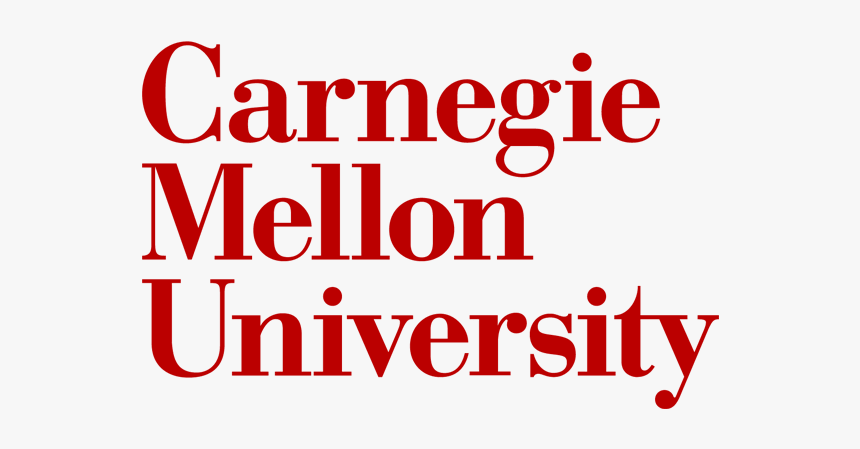Carnegie Mellon University: Sudoc Named Startup To Watch by Chemical & Engineering News
Sudoc, a startup co-founded by Carnegie Mellon University chemists Terrence J. Collins and Ryan C. Sullivan, has been named one of 10 startups to watch by Chemical & Engineering News (C&EN). Sudoc is developing and commercializing TAML catalysts, a bioinspired environmentally friendly molecule that outperforms toxic chemicals in a wide range of applications and can be used to remove pollutants from natural and built environments.
Collins, the Teresa Heinz Professor of Green Chemistry and director of the Institute for Green Science (IGS) at Carnegie Mellon, invented TAMLs and has been developing them for environmentally safe and efficient use over the last three decades. This career-spanning work has created a family of catalysts with the remarkable oxidation capabilities needed to remove harmful chemicals from the environment and disappear with no harmful impact once their work is done.
“It is an honor that Sudoc has been chosen to be part of this impressive list of companies, which are working to address pressing global issues by leveraging chemistry as a solution,” said Collins. “Given an ever-expanding number of chemicals in use today — over 300,000 — we are thrilled to share how TAML(r) catalysts by replicating and out-performing enzymes yield faster and dramatically more active processes that have game-changing possibilities. It is critical for the health of the planet that we lessen the chemical burden that we are placing on all living beings, and I believe that Sudoc is aligned to a better and more sustainable future.”
Carnegie Mellon announced that they entered into a licensing agreement with Sudoc, LLC to market TAML catalysts in March 2021. The company’s first range of products will be DotTM (Dilute Oxygenation Technology), products that target difficult cleaning problems. The first product will help restoration and remediation companies clean mold stains. TAML catalysts used in the product offer a faster and more sustainable way to remove the stains, while using less chemical content than traditional methods.
Ryan Sullivan”We are thrilled that C&EN has recognized the huge potential in our sustainable oxidation catalysts, TAMLs. There are many needs for oxidation — for cleaning, water treatment and the removal of recalcitrant toxic chemicals. But meeting those needs is often limited by the speed and strength of the oxidation achieved and how much oxidant is needed,” explained Sullivan (right), professor of chemistry and mechanical engineering and associate director of IGS. “Sudoc’s technology makes any oxidation faster and requires less oxidant to achieve great performance, while avoiding making the toxic byproducts that plague most oxidation chemistry. The possible applications of TAMLs that Sudoc is bringing to the world to address tough global problems are really limitless, achieved through truly sustainable chemistry with a high degree of environmental and health protection.”
Sudoc is also developing TAML catalysts for use in industrial water treatment systems. The catalysts have shown promise in removing persistent pollutants that often escape water treatment, including endocrine-disrupting pharmaceuticals, from water sources.
“It is critical we change the way we use chemicals. Shanna Swan’s recently released book Countdown has reinforced the research that shows male fertility declining by 50% over the last 50 years. This trend extends to our future at an alarming rate. Endocrine disrupting chemicals are central to this decline in fertility. Sudoc can fundamentally change the way we use chemicals. The problem is so big that it demands a response equal to the challenge,” said John Peterson Myers, Sudoc co-founder and adjunct professor of chemistry at Carnegie Mellon.
In addition to Collins, Myers and Sullivan, Sudoc’s co-founders include CEO Roger Berry, Andrea Larson, Henry Lewis and Hunter Lewis. The company was formed in 2020 with operations in Cambridge, Massachusetts; Charlottesville, Virginia; and Pittsburgh. To guarantee its commitment to the public good, Sudoc’s largest shareholder is a pair of trusts that will over time fund research into the problem of endocrine disrupting chemicals — toxic chemicals that disrupt the hormone systems of living beings, reducing human fertility, inducing diseases and adversely affecting behavior.

